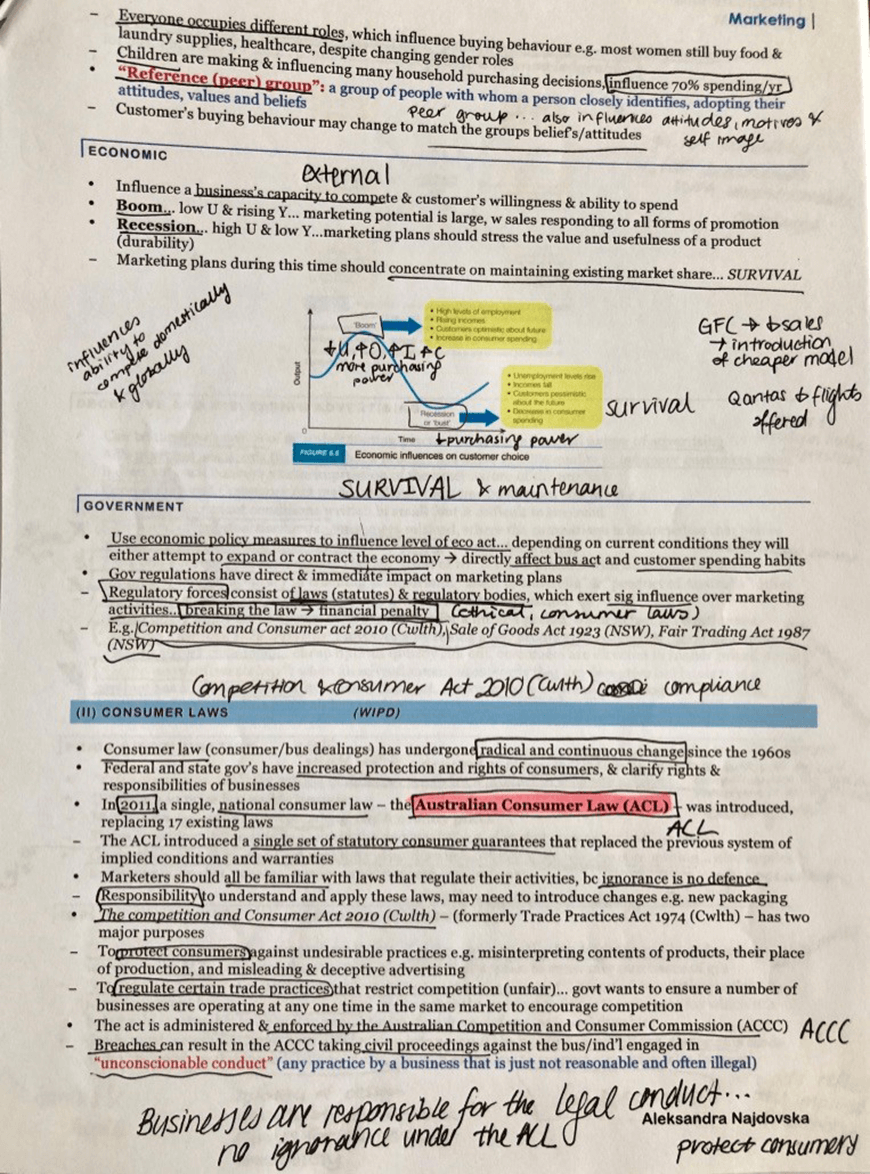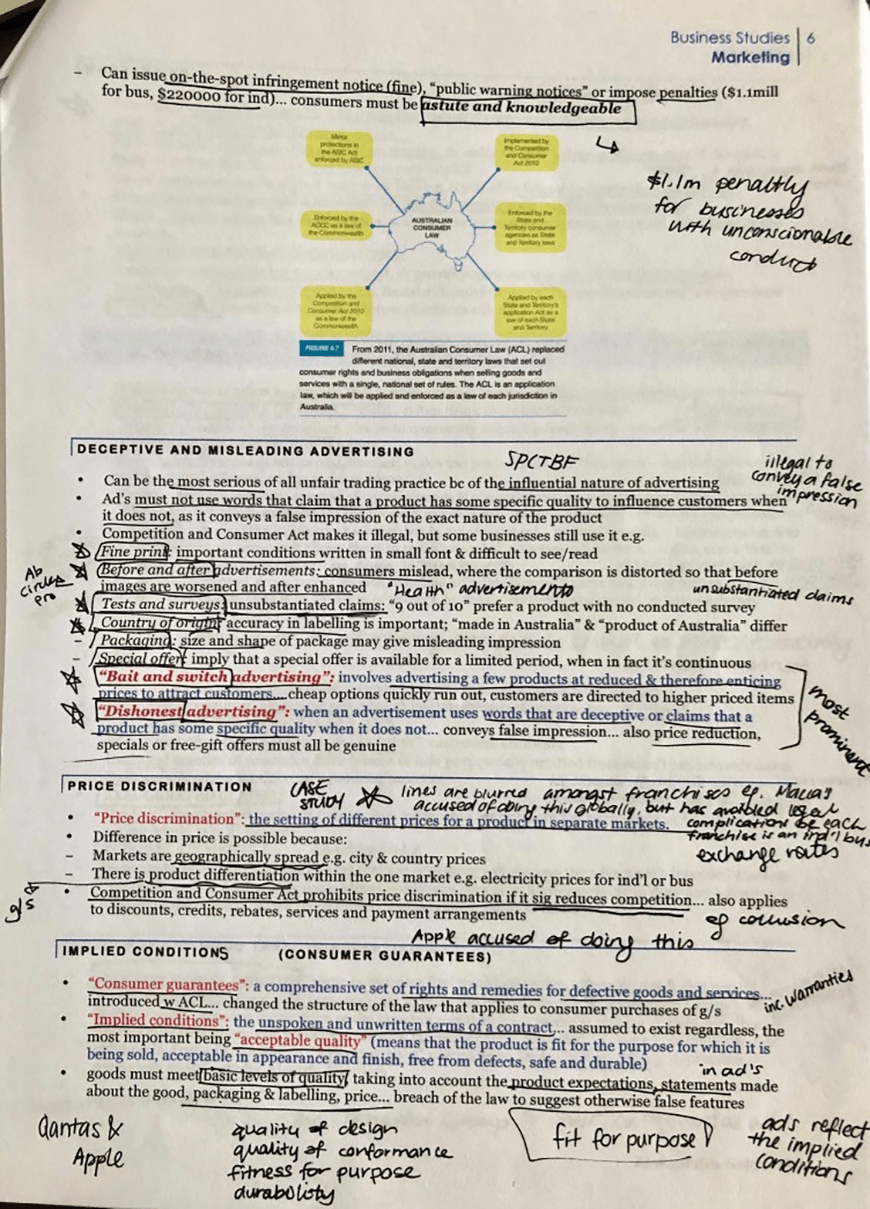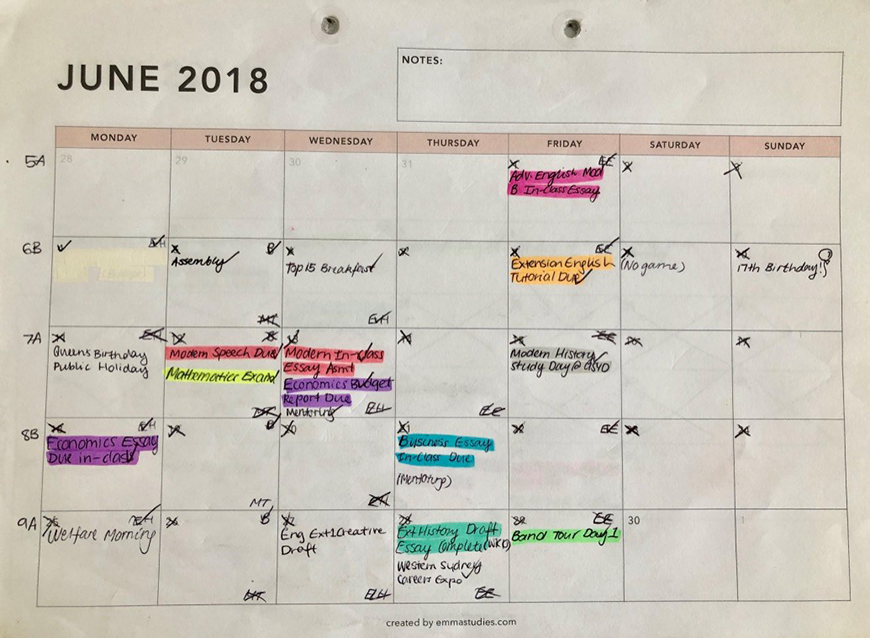Welcome to Matrix Education
To ensure we are showing you the most relevant content, please select your location below.
Select a year to see courses
Learn online or on-campus during the term or school holidays
Learn online or on-campus during the term or school holidays
Learn online or on-campus during the term or school holidays
Learn online or on-campus during the term or school holidays
Learn online or on-campus during the term or school holidays
Learn online or on-campus during the term or school holidays
Learn online or on-campus during the term or school holidays
Get HSC Trial exam ready in just a week
Get HSC exam ready in just a week
Select a year to see available courses
Science guides to help you get ahead
Science guides to help you get ahead
Want to make the best out of your HSC? Aleksandra gives you all her secrets to succeeding in her HSC by planning and using memory hacks.

Join 75,893 students who already have a head start.
"*" indicates required fields

Join 8000+ students each term who already have a head start on their school academic journey.
In this article, Matrix graduate and Cumberland High Alumnus Aleksandra Najdovska shares her memory hacks to score a 98.80 ATAR and stay on top of her HSC game.
Name:
Aleksandra Najdovska
School:
Cumberland High School
University Course:
Bachelor of Commerce/Bachelor of Advanced Studies (Dalyell Scholars) at USYD
Receiving 64% in my Year 11 yearly exam was a big blow to my confidence. So, at the beginning of Year 12, I began taking Matrix’s Term Course, alongside my school studies.
With hard work, time and practice, I ended up really enjoying it and even achieved a Band 6 in my HSC! Anything is possible.
Stay on top of your Maths Ext 1 studies like Aleksandra did. Consolidate your understanding of concepts and get lots of practice with our extensive range of questions!
Ace Maths Ext 1 with Matrix+
Expert teachers, weekly quizzes, one-to-one help! Learn at your own pace, wherever you are.
Memory!
By the end of Year 11, I did not feel prepared for Year 12 AT ALL.
I spent way too much time mulling over notes and never had any time to do past papers.
This meant that I couldn’t practice applying my knowledge.
This was a big problem with my HSIE and English-heavy subject. I was drowning in stacks and stacks of notes. My marks and productivity were not increasing. I knew that needed to change this.
So, I transformed my study habits to improve my memory.
By the end of Year 12, I was able to memorise an entire 1200 word essay in 3-4 hours and revise and conceptualise the entire course content for some subjects in half a day.
(Editor’s note: The revisions to the HSC English curriculum for the 2019-2023 syllabus have been specifically designed to discourage and combat essay memorisation. NESA has made the following statement on this subject:
HSC questions are not designed to support answers prepared in advance. It is important that you are prepared to answer the questions in the exam rather than anticipating a particular type of question and memorising an answer to suit. You must also understand that partially modifying an otherwise irrelevant memorised response will not lead to high marks. Markers are looking to reward answers that are relevant and answer the specific question.
TL;DR, memorise essay for English now at your peril.)
By prioritising the subjects that I enjoyed and excelled at, I was able to maximise my marks for the HSC.
I wanted to maximise the efficiency of my study time so I didn’t feel bogged down and unmotivated. However, achieving this required a lot of ‘trial and error’ over the period of two years.
These are some of the strategies that worked for me:
It’s fine to write notes if it is an effective study method for you.
For me, writing notes was a great starting point. But I know it is easy to waste time if you have poor time management skills.
So, an alternative is to…
Find a good set of notes and annotate them with your own additional information.
I found this really helpful.
For my Business Studies HSC Exam, I annotated all my notes with extra case study details the night before. This meant that I was able to use them effectively in my essay.
Also, when revising, I visualised it as my own writing, instead of a random paragraph of typed text.


Physically writing out information is a really effective way to remember content.
This means that you can spend more time actively applying your knowledge and skills in past papers as opposed to revising notes.
Essay plans are also a great way to use your notes in an effective and efficient manner. I wrote essay outlines for all my English essays as a way to sequence my ideas and commit them to memory.
Auditory learning is also great for memorisation.
You can record your voice on your phone as an alternative for flashcards.
Reading out loud repetitively is great to memorise essays. You are able to get a feel of the cohesion of sentences.
Also, being able to teach someone is one of the best forms of study.
You can cement your own knowledge in a clear and concise manner, which helps sort it into long-term memory.
Memory devices are also really helpful.
There are some great resources online for acronyms and mnemonics at Virtual Library. I created some of my own to memorise the Business Studies Syllabus. This way, I was much more confident with my content when answering any question.
Doing my own research and writing notes in my own words really helped me retain information.
I remembered more texts, case studies and theorems when I researched and wrote my own notes compared to rote-learning
The power of reading is greatly underestimated by students. But for me it was one of the most important study habits I had for remembering content.
I didn’t rote learn in my HSC, because I knew that it was not very useful if I came across a difficult question.
Memorise smarter, not harder, to maximise your marks.
Instead, i wrote notes in my own words, and formed my own opinions. I only memorised key themes and ideas. This meant that I developed a holistic understanding of the course content and was able to answer a broader range of questions.
There is no point in trying to plan, write and memorise an essay in one day.
Leaving plenty of time to fully commit yourself to any task, is the key to memorisation.
This way, you can take your time to fully understand and learn concepts as opposed to blindly memorising content and stressing out. The longer you work on the content, the more you will remember the ideas organically. This way, by the time it comes to “memorising” something, you’ll have most of it committed to memory already. It also means that you can focus on any problem areas in your studies.
Use the extra time to utilise feedback from your teachers.
The more you go over your content, the more you will remember the ideas. This way, by the time it comes to “memorise information”, you’ll be able to do it much more efficiently.
Another way I kept on top of my tasks was using a calendar.
This provided a visual reminder of the time. I was able to plan ahead and give myself enough time to not only memorise, but also gain a conceptual understanding of course content.

It is so easy to fall off the bandwagon if you are not consistent in your study and organisation habits.
If you stay on top of your workload, it ultimately makes the whole memorisation process easier.
A lot of information will already be stored in your memory and this will give you time to work on difficult areas.
Maintaining regular study patterns with to-do lists and completing set tasks on time definitely helps.
I personally found it hard to sit still for long periods of time, especially when I was writing. So, I studied for 45 minutes and took regular 15-minute breaks. This allowed me to stay super focused when it was necessary, without stressing myself out and procrastinating for hours.
Something I regretted doing in Year 11 was cramming ALL of my study into the week before exams.
You might be able to get away with it for one exam.
But ultimately, you’ll end up finding yourself stressed out a week before trials with minimal recollection of any information.
I would have been a lot better off, if I had implemented these strategies for memorisation earlier.
Also, I wish that I hadn’t dwelled so much on my poor performances: Everything passes eventually and poor results actually are great learning experiences.
My Advice to Future Year 12 Students
Ultimately, you have to find what works for you in order to do your personal best. You should be proud of your efforts and everything that you have achieved because it’ll be over before you know it.
Good luck with year 12!
Written by Guest Author
We have regular contributions to our blog from our Tutor Team and high performing Matrix Students. Come back regularly for these guest posts to learn their study hacks and insights!© Matrix Education and www.matrix.edu.au, 2025. Unauthorised use and/or duplication of this material without express and written permission from this site’s author and/or owner is strictly prohibited. Excerpts and links may be used, provided that full and clear credit is given to Matrix Education and www.matrix.edu.au with appropriate and specific direction to the original content.